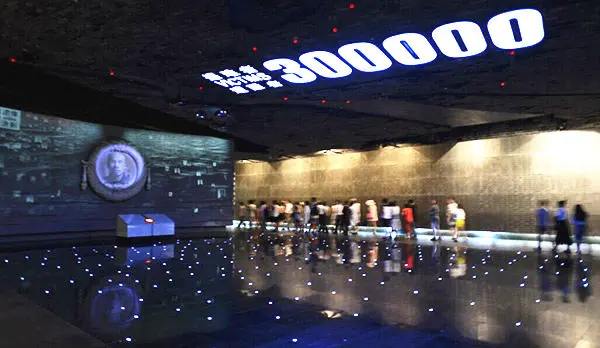The Maldives is more readily associated with paradise than politics, but since the beginning of February the Indian Ocean tourism hotspot has fallen into a deepening constitutional crisis.
A state of emergency has been declared, a former president and two Supreme Court judges have been arrested, and the archipelago’s first democratically elected leader is plotting a comeback.
How did the crisis begin?
The tumult began on February 1 when the Supreme Court ordered the immediate release of former president Mohamed Nasheed and eight other opposition leaders, saying the previous proceedings had violated the constitution and international law.
The court also ordered the reinstatement of 12 lawmakers who had been stripped of their parliamentary seats by Yameen's party for defecting last year, saying their removal was unconstitutional.
President Abdulla Yameen refused to apply the surprise ruling and instead suspended parliament, sparking protests in the capital, Male. The Maldivian police commissioner said he would uphold the court verdict and was then fired.
President of the Maldives Abdulla Yameen.
The reinstatement of the legislators, who now belong to opposition parties, would cause Yameen's party to lose its majority in the 85-member parliament and expose the president to possible impeachment.
The police detained two opposition lawmakers who returned to the country on Sunday.
Who's been arrested?
Security forces were on Sunday instructed to resist any attempt to arrest or impeach Yameen, and by Monday armed troops had stormed the Supreme Court and arrested a former president.
A 15-day state of emergency was declared, giving the security forces new powers and banning public gatherings.
Chief Justice of the Supreme Court Abdulla Saeed was arrested, along with another member of the court, early on Tuesday morning. Several judges have previously been accused of corruption. Crowds gathered outside the court were reportedly dispersed by police with pepper spray.
Security forces stand guard outside the Supreme Court in Male on February 5, 2018.
Former president Maumoon Abdul Gayoom, the estranged half-brother of Yameen, was detained at his home along with his son-in-law. Gayoom’s son Faris was one of the jailed opposition figures who had been ordered by the Supreme Court to be released.
Who are the key players?
The headline players in the crisis are men who have sat in the president’s chair.
Yameen is battling to stay in power, Nasheed hopes to challenge him in elections due later in 2018, and Gayoom has allied himself with the opposition.
Nasheed was forced out of office in 2012, lost an election to Yameen in 2013, and was controversially jailed in 2015 on terrorism charges. He currently lives in exile in Sri Lanka, but the Supreme Court verdict in theory allows him to return to the Maldives.
Former Maldivian president Mohamed Nasheed.
Allies of Yameen told Reuters he is concerned that Nasheed, the first democratically elected leader in the Maldives, has said he can prove the current president engaged in past corrupt deals if freed. Yameen has denied corruption allegations.
Maumoon Abdul Gayoom was president for three decades.
Gayoom, who was president of the country for 30 years until 2008, has been arrested along with his son-in-law. He was detained on charges of bribery and trying to overthrow the government, al Jazeera cited a family member and a lawyer as saying.
The New York Times also identified former defense minister Mohamed Nazim as a person to watch. He is currently under house arrest having been sentenced to 11 years for arms smuggling, but is thought to command strong support in the military.
How has the world reacted?
Yameen has so far ignored international calls to heed the court decision and solve the political crisis through negotiation.
The Chinese foreign ministry on Monday called for differences to be settled through dialogue and issued a “security alert in response to the security situation on the ground.”
The US State Department said it was “troubled and disappointed” by the state of emergency and the failure of the government to apply the Supreme Court ruling.
Will tourism be harmed?
Tourism brought in 2.7 billion US dollars of revenue for the Maldives in 2016. When a state of emergency was declared in 2015 over terrorism fears, economic growth plummeted.
Chinese foreign ministry spokesman Geng Shuang, noting that the islands are particularly popular with Chinese holidaymakers during Spring Festival, urged Chinese citizens not to travel to the Maldives until the situation has stabilized.
The US and India have both issued travel advisories. The Maldives government insisted that the island's resorts and hotels would continue to function as normal, however.
The country, which is made up of 26 coral atolls and 1,192 islands, is also under severe threat from climate change.
Related:
Maldives president declares emergency, former leader arrested
(CGTN)
 简体中文
简体中文

